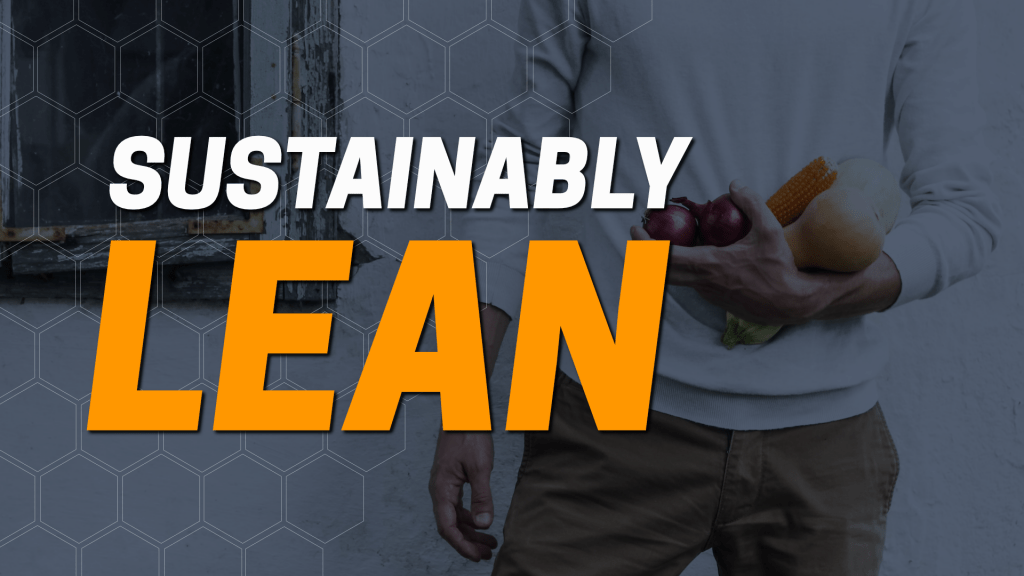Today at a Glance
- Optimize Energy with Morning Strikeouts
- Build Strength with the “self-care mindset”
- Thrive in Life with Mindful Analysis
OPTIMIZE ENERGY—one framework
Morning Strike Outs
Energy is contagious. Decide to be the source from where you spread and grow energy. Because hey, you can’t give what you don’t have.
How can you do that?
Simple. Create habits and routines that will energize you.
Your mental and physical energy depends on your actions and thoughts. Take care of yourself and you’ll be rewarded with abundant energy.
Let’s start from the beginning:
- What does your morning look like—I mean right now?
- What can you eliminate to start the day in a way that supports your energy and motivation? (hint: no phone before breakfast)
- What can you add?
Here is a short process you can take as inspiration:
- Status quo—write down what you did during the first 1h of your day.
- If there is anything you do, that you know is draining your energy (e.g. reading the news right in the morning, scrolling your social feed, reading your emails…), strike them out with the pen.
Yes! like thisand train your body and mind to strike them out of your precious mornings as well! - On another piece of paper (or if you prefer, digital format), write down which aspects of your life you would like to improve.
- Think of 3 actionable ideas you can do to get the direction of the previous point. Which habits are probably going to serve you to improve those aspects that are important to you?
- Start with one of those 3 ideas for one week. Integrate the second during the second week, and the third during the third week. Yes, you’ll need discipline and willpower at the beginning.
There is no perfect moment to build new habits, and each of us will need a different timeframe to get there.
So it’s up to us to discover how long it takes. Thank yourself once you get there.
BUILD STRENGTH—one mindset
Self-care is personal strength
This time, it’s not about muscles—it’s about another form of strength.
We talk about personal strength in a different way.
Reaching the point of burnout because we want to be “strong” and do it all—that’s the opposite of strength.
We strive to understand and take action to remain balanced and aligned as we progress toward our vision of a flourishing life.
We often overlook the importance of alignment and balance when it comes to strength.
But understanding where our boundaries are, IS part of BEING strong.
- Understanding when we need to speed up, and when we need to slow down
- Not saying “I’ll rest when I’ll die” (like Ketty, before crushing her head in a bike accident)
mean prioritizing self-alignment and balance at physical, mental, emotional, and spiritual levels.
Here are 5 ideas to ponder on:
1/ Our environment matters
The people we are surrounded by, the energy of the place we live in, and the meaningful community we are in (or not).
The “terroir” you operate from, has a huge impact on your mental and emotional strength.
Reflect: How does your environment affect your strength and what steps can you take to improve it?
2/ Our body influences our mind and vice-versa
We often tend to underestimate how intertwined our physical and mental conditions are.
Start improving one aspect (body or mind) where you feel more urgency. Soon after you start with it, take on board the second aspect. Physical and mental well-being go hand in hand.
3/ Eat what you want to become
Naaa, you won’t become a broccoli. We mean “energetic and strong”!
Our physical and mental strength require energy to function. The most important fuel for this is the food we consume.
We truly become what we eat, so ensure you choose food that will support you in your journey to become stronger in all aspects.
4/ Think what you want to become
Accordingly, we become what we think. Our energy right now is the result of the last 72h of food, movement, and THOUGHTS
Try to catch the thoughts that describe your worldview and observe your self-talk. Are your thoughts having a positive impact on your reality and the people close to you? Are they supportive or destructive?
5/ Train your “resilience muscle”
Resilience is the ability to adapt to changing circumstances, cope with difficult situations, and bounce back from setbacks. It can be built up over time by training your “resilience muscle”. Here are some tips and strategies to help you do that:
- Keep a gratitude journal. Writing down things that you’re thankful for helps you to stay positive and focused on the good.
- Take time to relax and be mindful. When you’re feeling overwhelmed, take a few moments to focus on your breath, observe the sensations in your body and relax.
- Reach out for support. Surround yourself with people who can lend an ear and offer encouragement.
- Exercise regularly. Exercise releases endorphins and boosts your mood, helping you to stay resilient in difficult times.
- Get enough sleep. Sleep is essential for both physical and mental well-being, so make sure you’re getting enough rest every night.
By training your resilience muscle regularly, you can become better at dealing with challenging situations, building up your strength and confidence to take on whatever life throws at you.
THRIVE IN LIVE—one exercise
Mindful Analysis
Thriving is all about improving ourselves and helping others. To do this, the best place to start is with our physical well-being.
This is because our physical well-being has a big influence on our mental and emotional well-being, making it easier to reach the shared goal of thriving in life (and business).
Start by taking care of your physical energy and strength.
This is the best approach if you want to improve shape and weight, as these are the most “visible” side effects of your physical well-being journey.
Here’s a little exercise to get you started.
It’s called Mindful Analysis. You only need a pen and paper (or write digitally if you prefer), a quiet place, and block out 20 min. to give yourself time to answer the following questions.
1/ Analyze your current food choices
If there is anything that you are particularly attached to, and know that’s not good for your energy, health, weight, and shape, ask yourself:
• Why do I eat what I eat?
• Is it only for the taste?
• Are you particularly attached to some foods comfort food in stressful times?
• Are emotions, boredom, and stress, guiding your eating choices?
• Or are you just not sure what is doing good and what’s harming you?
2/ Analyze your current movement volume
• How much are you moving throughout the day?
• Are you exercising consistently?
• Are you doing it effectively?
• Do you need an accountability partner or somebody helping you to learn methods and strategies on how to optimize what and how you train?
3/ Create even more self-awareness with mindful questions:
• What am I feeling right now, physically and emotionally?
• What is happening in my environment right now?
• What sensations am I experiencing in my body?
• How can I bring compassion to this moment?
• What am I thinking about at this moment?
• What am I grateful for at this moment?
• What is my intention for this moment?
• What is my breathing like right now?
• What is my current experience like?
• What can I learn from this moment?
Mindful Analysis is an exercise to help create a powerful self, which in turn has a positive effect on mental and emotional well-being. It involves analyzing current food choices, movement volume, and creating self-awareness with mindful questions.
Taking 20 minutes to answer the questions can help bring clarity to the journey of physical well-being.
What’s going on in our world
We have reworked and restructured our website for you.
You find all previous newsletters here.
And all our published articles here.
Plus we have also reworked our 90-day beyond Fitness coaching program. Our clients say it’s a “life-changing experience”.
Here you find everything you need to know.
Have a wonderful weekend and stay active!
P.S. We have decided to spend the next 6 months in Mexico. It’s where we fatefully met more than 5 years ago. Crazy story. We’re off to meet some of you in real life. 🙌🏻








